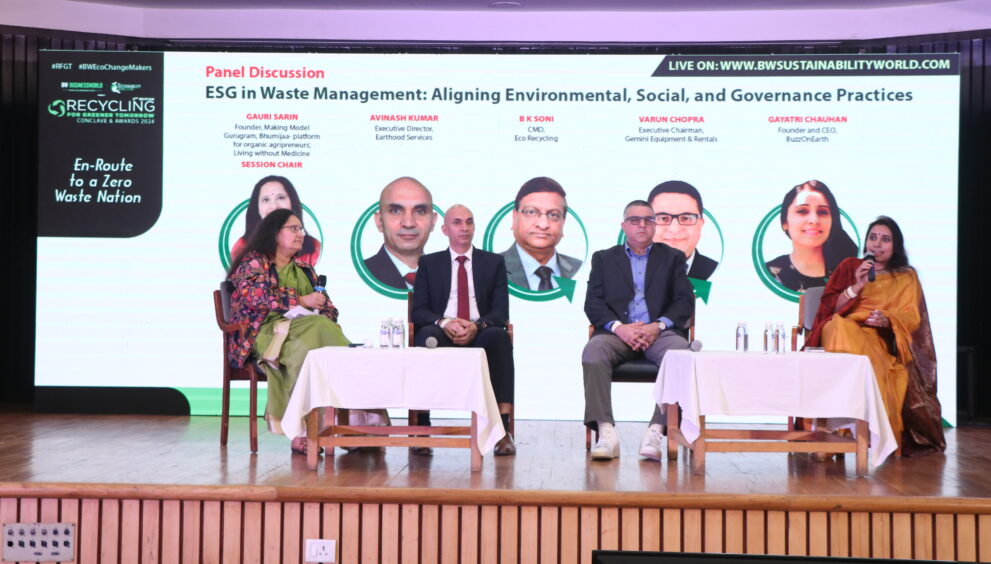Global Waste Crisis Exposed: 100 Companies Blamed For Over 90% Of Pollution; ESG Mandate To Reshape Corporate Accountability

As Environmental concerns escalate, new ESG regulations are set to reshape the corporate responsibility landscape worldwide
In a study conducted by the Plastic Waste Maker’s Index, it has been revealed that a mere 100 companies worldwide contribute to over 90 per cent of the planet’s plastic waste. Further analysis indicates that a staggering 55 per cent of this pollution can be attributed to just 20 of these companies. “The findings underscore the urgent need for corporate responsibility and sustainable practices in the face of escalating environmental concerns,” said Gauri Sarin, Founder, Making Model Gurugram- Bhumijaa & Living without Medicine.
Starting 1 October, a significant development in the realm of Environmental, Social, and Governance (ESG) initiatives is set to take effect. Companies participating in the ESG scheme will be required to allocate a minimum of 65 per cent of their Assets Under Management (AUM) to investments in companies reporting on Comprehensive Business Responsibility Sustainability Reporting (BRSR).
Avinash Kumar, Executive Director of Earthood Services, highlights the global momentum gained by the ESG post-Paris Agreement, stating, “Every country has mandated ESG reporting, and India is no exception. The top 1000 listed companies by market capitalisation must report their environmental and social compliance under BRSR, with assurance being mandatory for the top 250.”
Addressing the role of ESG in waste management and India’s commitment to becoming net zero by 2070, Kumar emphasises the importance of investing in projects that reduce carbon emissions to achieve this ambitious goal.
Varun Chopra, Executive Chairman of Gemini Equipment and Rentals, sheds light on incorporating ESG principles within his firm. Emphasising the significance of governance, Chopra states, “For blue-collar workers, it’s crucial to go beyond minimum wages and offer additional benefits. On the social front, diversity and inclusion are paramount, demonstrated by employing women forklift operators and transgender individuals.”
Chopra positions his company as a pioneer in zero lithium and renewable energies, deploying over 900 assets. He stresses the economic sense behind engaging with environmentally conscious companies.
In the context of recycling and waste management, BK Soni, CMD of Eco Recycling, explains how ESG principles differentiate recycling from mining, citing environmental friendliness as a significant factor. He notes the shift from informal to formalised recycling processes, particularly in the wake of E-waste Management Rules focusing on Extended Producer Responsibility (EPR) at the recently concluded second edition of Recycling For A Greener Tomorrow, hosted by BW BusinessWorld.
Gayatri Chauhan, Founder and CEO of BuzzOnEarth, underscores the current relevance of recycling and waste management in the face of rapid urbanisation. She expresses her organisation’s commitment to helping corporations translate sustainability aspirations into actionable initiatives. The collective voices in this discourse point towards an evolving corporate landscape that recognises the urgency of sustainable practices and environmental stewardship.





































































































































































































































































































































































































































































































































































































































































































































































































































































































































































































































































































































































































